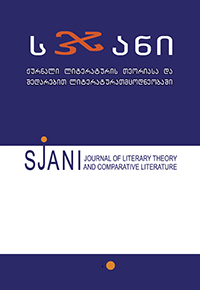
პოსტმოდერნიზმის სიკვდილი და შემდგომი ამბები
Alan Kirby, The Death of Postmodernism and Beyond. In: Philosophy Now, No. 58, 2006 Translated by Gria Jokhadze.
More...We kindly inform you that, as long as the subject affiliation of our 300.000+ articles is in progress, you might get unsufficient or no results on your third level or second level search. In this case, please broaden your search criteria.

Alan Kirby, The Death of Postmodernism and Beyond. In: Philosophy Now, No. 58, 2006 Translated by Gria Jokhadze.
More...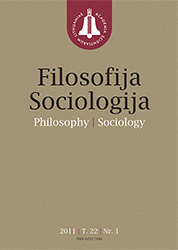
The authors prove that Bakhtin’s works are basically connected with the structural approach. The philosopher analysed this methodology, especially ideas of Saussure, Russian formalism and others. He defined both its advantages and weak sides. The authors examine the specifics of Bakhtin’s methodology which were effectively used in the creation of an original humanistic philosophy of act. In the article the causes of popularity of Bakhtin’s works in the West philosophy discourse are revealed. The authors are making an accent on Bakhtin’s criticism, which was directed against the dehumanized tendencies of structuralism. This criticism is adequately used in modern times, because it helps to establish new humanism as well as to focus on the existence of man in the world.
More...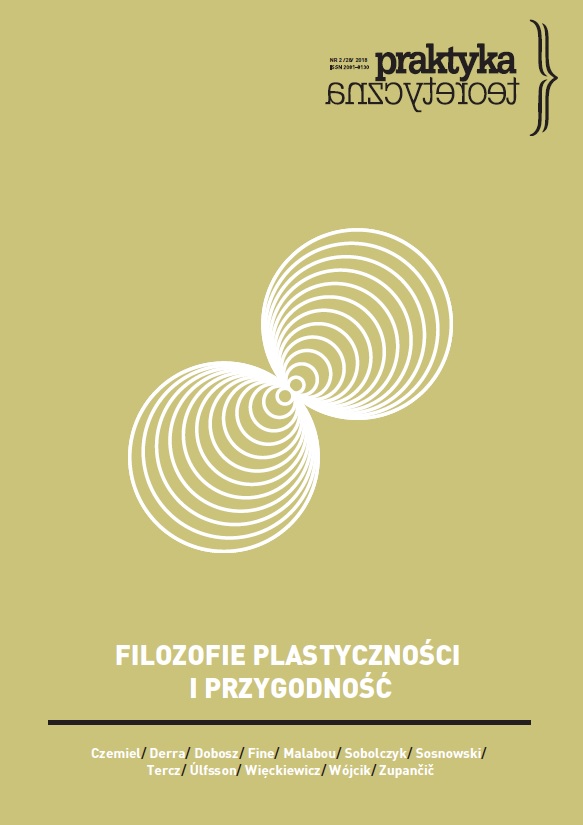
The author uses Althusser's materialism of the encounter to rethink Darwinism and the relation between natural and social selection. According to popular misinterpretation, social selection, or social Darwinism, implies constant fighting and competition as a foundation of society. Malabou argues that social selection (mis)understood that way is rather a disciplinary mechanism, preventing the emanation of difference within a system. This cliché ignores the ateological and contingent character of selection as well as the "plastic condition" of organisms in Darwin's theory, which we miss in contemporary social reality.
More...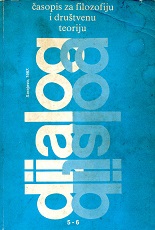
In 1967, Jacques Derrida, a central figure of French poststructuralism, published three books: La voix et le phenomene, De la grammatologie, and L’ecriture et la difference, the latter being a preparation for Derrida's subsequent writings, introducing some crucial notions of writing, sripture, difference, economy... The book represents a collection of works on Husserl, Levinas, Levi-Strauss, Foucault, Freud, Artaud, Bataille, Jabes, giving insight in the genesis of Derrida's particular philosophy. The central place is the study Cogito et histoire de la folie, dedicated to the Foucault's monumental Histoire de la folie. The study is also a hommage to Foucault, Derrida's teacher, but also a separation from him and structuralism with its metaphysical confinement.
More...
Interview with Jacques Derrida by Florian Rötzer
More...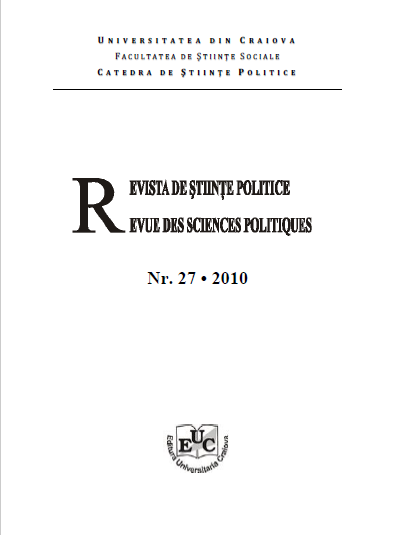
The article continues the measures undergone in issue 24/2009 and 25/2009 of this Revue, on the coordinates of manifestation of the general paradigm of post-modernity, with the approach of the philosophical-epistemological coordinate. One analyses Nietzsche’s heretical conception over philosophy (an avant la lettre postmodern man); the approaches of the representatives of the “second wave” of the logical anti-positivism, as an overture of logical postmodernism; the de-normativization of the discourse promoted by the French post-structuralism (mainly the one launched by Barthes 2, referring to the practice of writing); J. Derrida’s deconstructive project of grammatology, axed on the barthesian concept of writing.
More...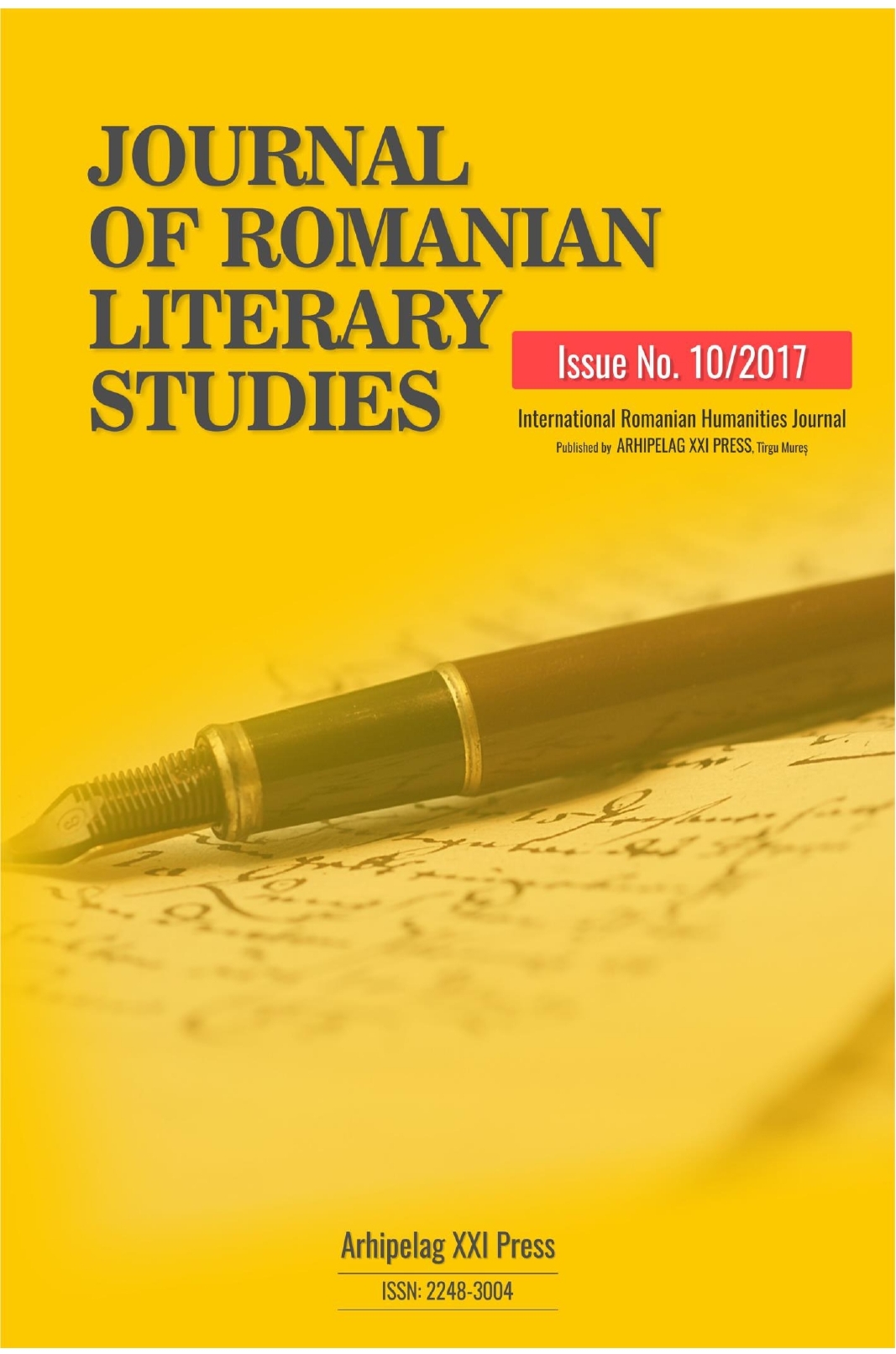
Feminist theorists like Judith Butler and Julia Kristeva, although following the work of poststructuralist thinkers Michel Foucault and Jacques Lacan, who ‘decentered’ the traditional autonomous and rational subject, felt the need to re-think subjectivity in terms that would allow for agency and political action. Their anti-essentialism led them to construct gender identities as performative (Butler) and subjectivity as a process (Kristeva), concepts that, they argued, allowed for resistance and thus for agency.
More...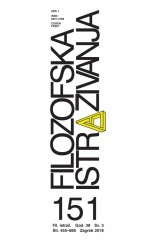
This paper addresses the possibility of deconstruction as a method. On many different occasions, Derrida rejected the possibility of deconstruction as a new method of reading and interpreting because, every time, it adapts to the discourse to which it relates, but he also attempted not to include in it anything that was not already marked or announced by its existing organization. Nevertheless, simultaneously, he acknowledges the fact that some elements, rules, and procedures may, and even have to be, repeated and transferred from one text to another, in the extent to which they repeat and reproduce typically logocentric relations, such as those between inside and outside, or between centre and margin. This duplicity is then examined as a difference between the immanent and transcendent criticism. According to Derrida, the point is that these two approaches intertwine and interplay in such a way that it is being done in a space neither wholly inside nor completely outside the sense units that they affect – on the margin. In addition, all of this, eventually, is displayed as a draft for a general strategy of deconstruction.
More...
The aim of this article is to show some methodological traps connected with the common tendency for periodisation of phenomena or processes in research, basing on the example of secondary literature about Czech structuralism, especially Jan Mukařovský’s theory. The author describes the narratives shaped in these works and shows how their symbolic charge directs the way of thinking about the heritage of the Prague school and Jan Mukařovský, which may influence the interpretation of his literary and aesthetic theory.
More...
The aim of this article is to show some methodological traps connected with the common tendency for periodisation of phenomena or processes in research, basing on the example of secondary literature about Czech structuralism, especially Jan Mukařovský’s theory. The author describes the narratives shaped in these works and shows how their symbolic charge directs the way of thinking about the heritage of the Prague school and Jan Mukařovský, which may influence the interpretation of his literary and aesthetic theory.
More...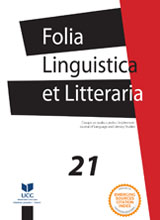
Re-reading Lyotard, the paper critically explores the legacy of postmodernism and poststructuralism, which, by demolishing the autonomy of humanistic knowledge and logocentricity, has led to a legitimacy crisis and the undermining of the sustainability of literature as an institution. By abandoning the idea of humanism as a civil ideology of anthropocentrism and Western hegemony, and by demolishing Humboldt’s university project, the University has opened up space for the new games of humanity on the road to the growing mercantilization of knowledge, loss of autonomy, and market networking. A special challenge is also the loss of the sign and the disappearance of the real (Baudrillard) in the society of the spectacle (Debord), which consequently leads to the crisis of artistic communication, the growing entropy (Arnheim) and the new décor of the inhuman (Lyotard). The key issue today is how to find ways to deconstruct the deconstruction project and return to the humanism in the humanities in academic studies and academic teaching of literature.
More...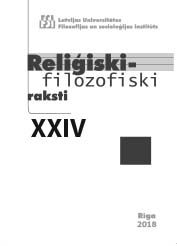
The Psychoanalysis theory of the subject can be considered in the context with the philosophy of the subject and the hermeneutics of the self. In the Lacan’s psychoanalysis the issues of subjectivity interpret the subject of the unconsciousness with regard to Descartes’ concept of “cogito”. The subject is split between the Ego and the unconsciousness. In the theory of the subjectivity one of the most important issues is relationship between the subject and the (M)Other. In the subjectivity process relevant are three steps in the constitution of the subject: alienation, separation and the traversing of fantasy. In the alienation process subject is the subject of demand. In the seperation process subject is the subject of desire. In the third step of the subjectivity subject is the desiring subject.
More...
The theme of the care of the self and the techniques of the self, occupied much of the last Foucault’s thought, representing an apparently new philosophical approach. In the interview Foucault realized in 1984 and directly quoted in the title of this article, the French philosopher was invited to illustrate, in a more detailed manner, some of the key aspects of what indeed was considered a substantial change in his researching interests. In fact this issue was connected, at least initially, to a more generic attempt to articulate the question of how a subject could be the initial and final point of resistance to the political and institutional power, a role in which it appeared mostly as a passive product of the power and the domain of technical devices. It seems quite surprising that Foucault accomplished to write a history of the philosophical construction of subjectivity in terms of practical self-constitution and self-invention and even imagined reconsidering the totality of its constitution in such terms.
More...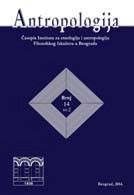
Deep confusion regarding "realism", as one of three basic elements of postmodern crisis in anthropology, has been generated by naive (and therefore popular) attempts to solve methodological problems by using means typical to literary criticism. The problem of confouding "realism" of literary theory with "realism" of philosophy of science is explained as an implication of accidental/ strategic ignoring of the debate on difference between reality of theories and reality of entities by founding authors of postmodern anthropology. Post-positivist philosophy of science (that allegedly promoted "key interdisciplinary affinity" of postmodern anthropology) did not offer a final model of critique of possibility for discovery of criteria of objective knowledge, which was naively hoped for by founding authors of postmodern anthropology. They took on only some of the specific skeptical readings of this shift in focus in the thinkings on science from the interdisciplinary scene. "Revelation" that real scientific practice is less guided by formal rules, and more by context or frame of reference, is an argument that pleases anthropology, but the path that was crossed in philosophy of science so as to get to this revelation did not exclude standard methodological endeavor to set norms and regulate the research. Normative regulatory dimension of general methodology was somehow "slipped by". In the mess of political critique (of the external pressure) and epistemological naivety (of the internal discipline’s heritage), neo-relativist concepts did dominantly take over the quotation scene, but the reduction of the concept of the paradigm to the concept of culture in anthropology (a completely specific disciplinary reading, which will only come back from anthropology to meta-scientific disciplines some years after) created a new reference frame in which anthropological methodological reformers confused critique of realist conception of reality for critique of realist conception of science.
More...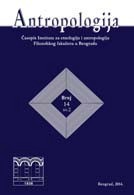
In the context of evaluative questioning of theoretical and methodological range of 20th – century anthropology, this study aims to formalize the aspects of postmodern anthropology that have lasting methodological significance. With this aim, the author reduces the general disciplinary debate on the status and relevance of postmodern anthropology, that was relived at the beginning of the Millennium, to the questions on the range of postmodern theory of ethnography. The fundamental contexts of its genesis and implications for contemporary research, both disciplinary and interdisciplinary, are analyzed.
More...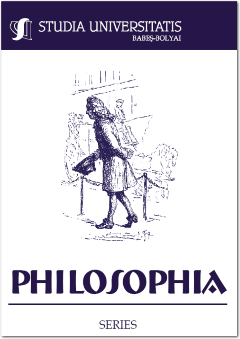
The Head of Janus: Hermeneutics and Deconstruction in Gadamer and Derrida between Agreement and Disagreement. The paper aims to discuss the complexity of the relationship between Gadamer’s Hermeneutics and Derrida’s Deconstruction in order to remove the usual opposition between these two thinkers and their philosophical perspectives. It is possible to build a collaboration against every idealistic and subjectivist foundation moving from the hermeneutic-deconstructive interaction between the concepts of identity and difference, understanding and sense, writing and reading etc. Only in this way can the so-called “improbable debate” become an “un-interrupted” dialogue: the distance ceases to be an insuperable obstacle and becomes an openness of sense.
More...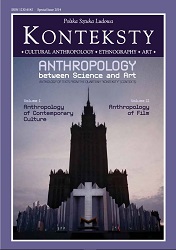
Wojciech Michera »The Homelessness of Odysseus« Tomasz Szerszeń »Anthropology as a Mask, a Costume, a Metaphor: the Case of Michel Leiris and Roger Caillois« Wojciech Michera »Image, Crypt, Interpretation« Jerzy S. Wasilewski »Transgression and Tragedy, Laughter versus Death« Dariusz Czaja »The Shadows of Europe. History and Metaphor« Sławomir Sikora »Living Monuments. Forms of Memory and Oblivion in the Film Gyumri«
More...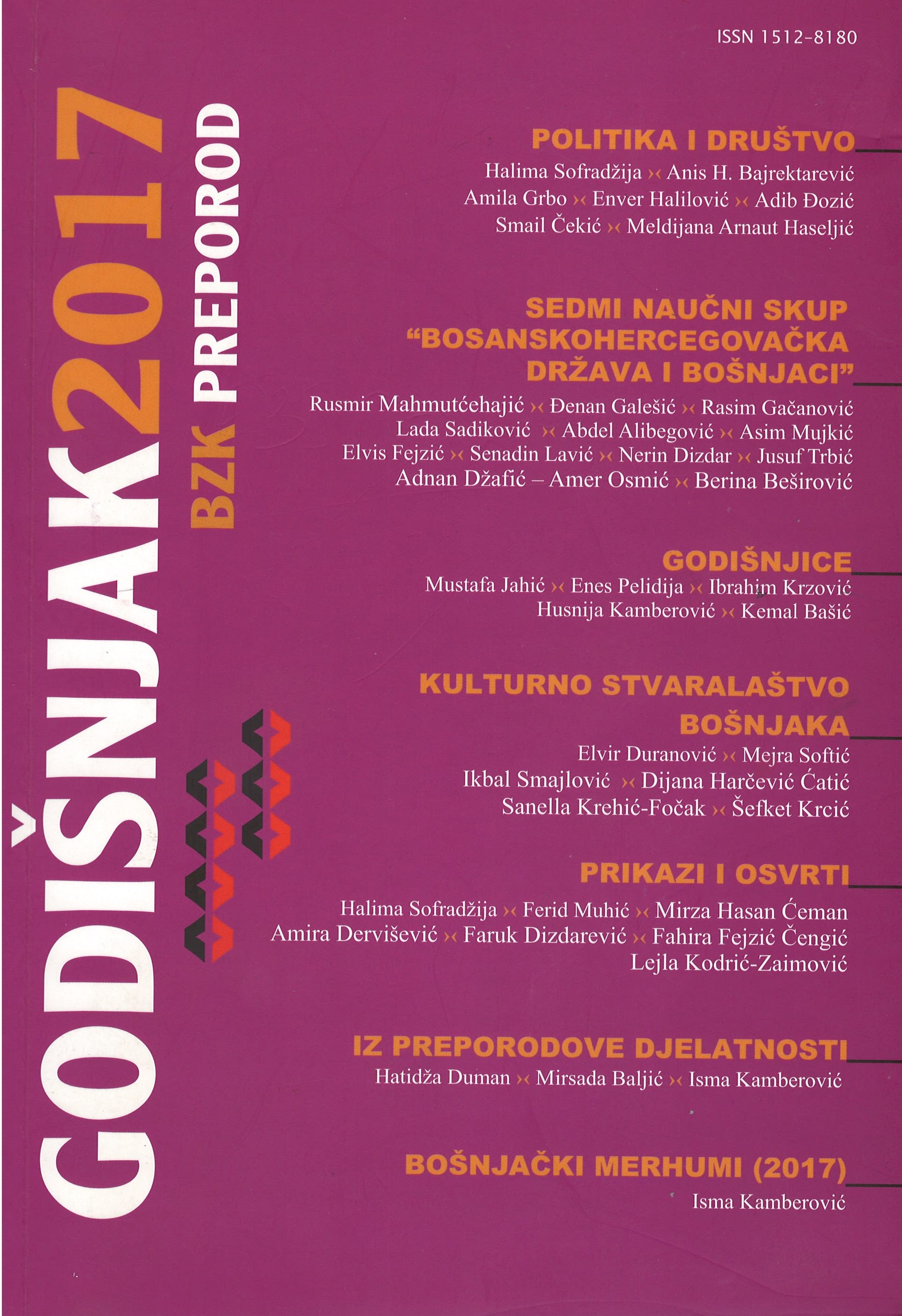
Control and monitoring acts in the management procedures that are falling to the body/ bodies are mostly perfected nowadays, certainly using new forms of knowledge and the most sophisticated techniques, which free, more powerful and normally open up and shape new possibilities of life's managing. Exposure to social and political dressage does not always be uncovered and understandable to a person of the masses. The process of technical improvement of the means of social governance, for which Foucault assumed that societies are forced to education and further creation of social control, because their need for management is constantly increasing, making it necessary to include certain relationships of knowledge in relations of power, whereby knowledge enhances the effects of power. It seems to be a challenge that is far from its ending. Fluid microphysics of power is wrapped and marked by the body / bodies; political management of the human masses is technically thoughtful, perfected, while trying to achieve insignificant resistance, poor expression, and at the same time its presence, with the intent to intensify the effects of power.
More...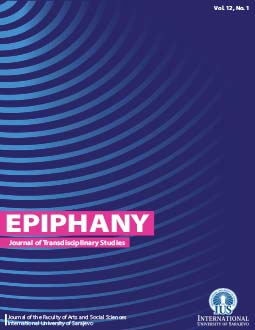
Jacques Derrida revolutionized Western Philosophy by reconsidering the previous ideas from a new perspective. In his view, human subjectivity is explained within the system of language and the meaning is conveyed through the concept of differánce. As such, he imparts the notion that nothing ever exists outside the text, yet the text is filled with innumerable meanings, not a specific one. The net of his deconstructive thinking cast vast enough to devote close critical attention to any previously regarded metaphysical idea like love. Transcendental or metaphysical love is a shorn of meaning in the Derridean notion of deconstruction. For Derrida, love as a communicable sign is confined to the rules of iterability which proves the free flow of signifiers. In this regard, Fitzgerald's The Great Gatsby as one of the most critically studied works in America is recruited to examine the Derridean deconstructive notion of love. Gatsby is exclusively focused on seeking Daisy's transcendental love even at the expense of repeating the past. Nonetheless, the evanescent fluidity of the notion of love totally ruins Gatsby's chance of ever achieving Daisy's love. Accordingly, Gatsby's ultimate failure is expected for the reason that an "absolute moment" is never devoid of any trace of past or future time. Thus, The Great Gatsby attends to why the notion of love defies any metaphysical or transcendental status and instead it has differential and deferral meaning.
More...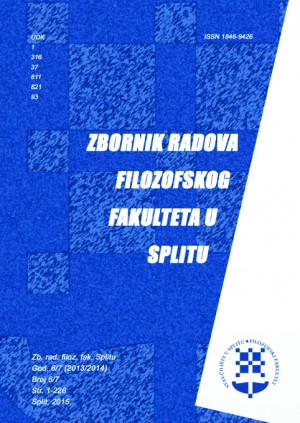
The author has tried to methodologically present postmodern concepts and to point out the new form of research that appeared under the influence of new changes in the new approaches to social and sociological research. It is obvious that the ensuing amassments of contemporary reasons, just like the methodological principles of postmodern research, have become a part of accepted practice. By defining the influence of postmodern discourse on social and sociological research, there has been a notable move away from postpositive epistemology of the modern period. Accordingly, the problem of the paper has been directed towards consideration of poststructuralism which has been directed at the concept of reality, truth and knowledge, while the basic notions of poststructuralism have been summarized in terms of language, truth and meaning. In opposition to the orthodox paradigm, the author has emphasised several different „postmodern” approaches which move away from epistemology based on objectivity and embrace empirical, constructivist, and an action oriented worldview. In this way, the changes of traditional methodological concepts have been indicated.
More...